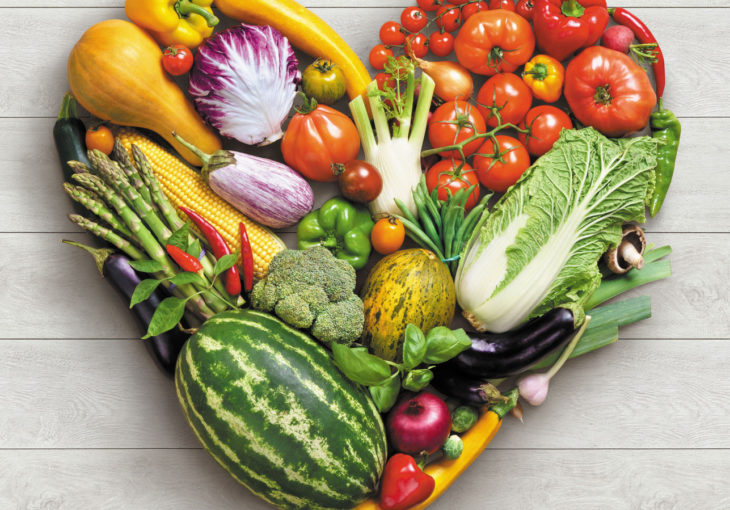
Guest Blog Post: Bayhealth Interventional Cardiologist Roberto Scaffidi shares “Your health is too precious to take risks, learn the signs of a heart attack and stroke”
Your health is too precious to take risks–particularly when you’re having a medical emergency. Warning signs of a heart attack or stroke should never be ignored. Getting immediate care by calling 911 is the safest choice you can make, and it could save your life. Bayhealth’s emergency teams are ready to provide timely care to






